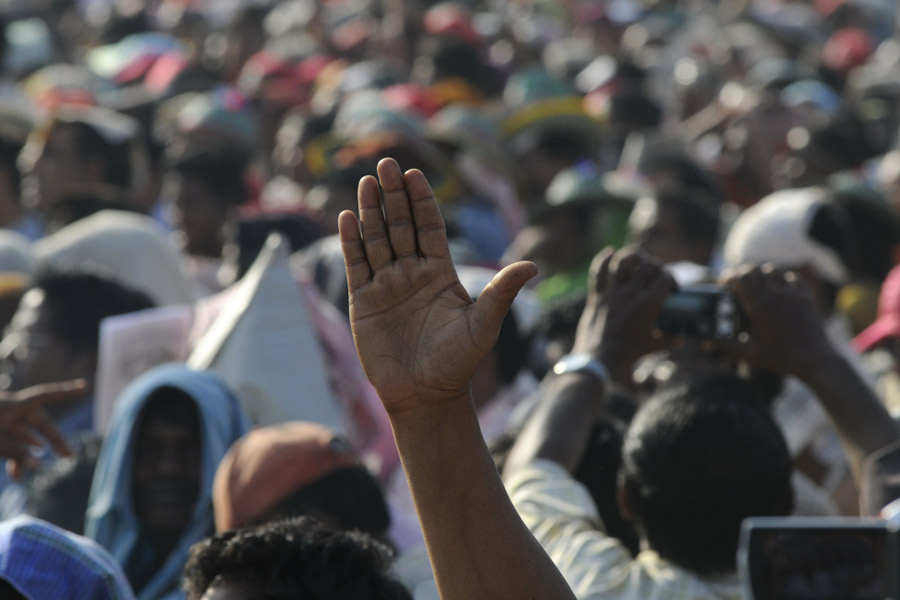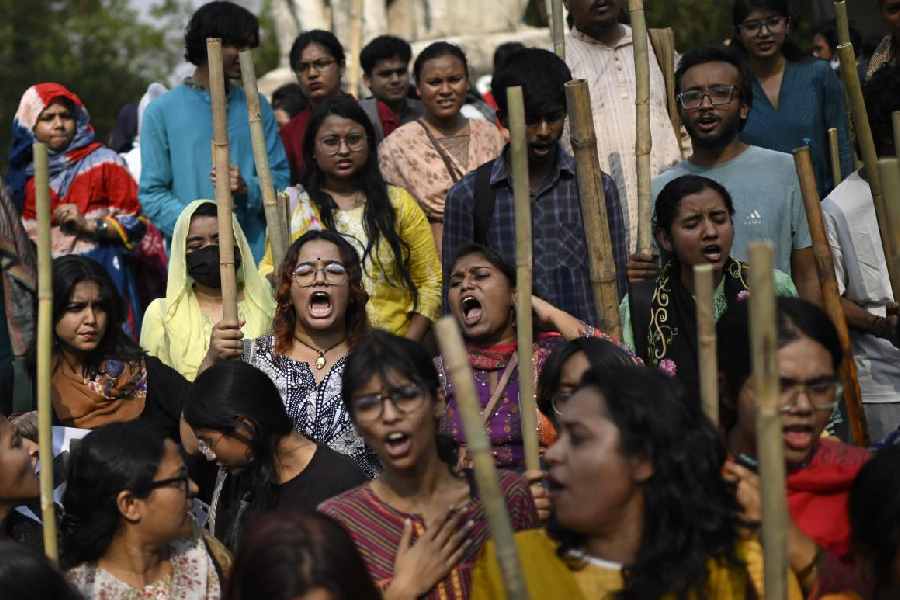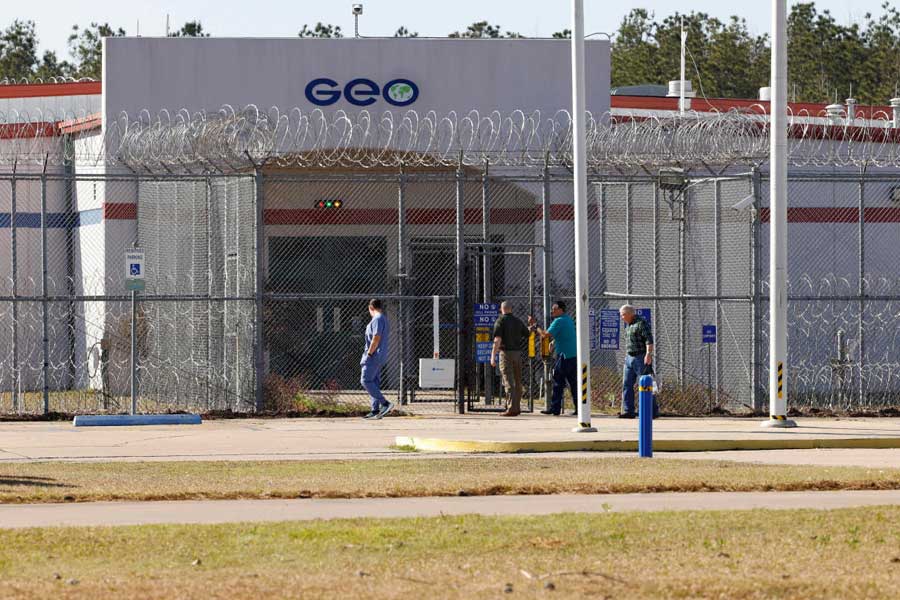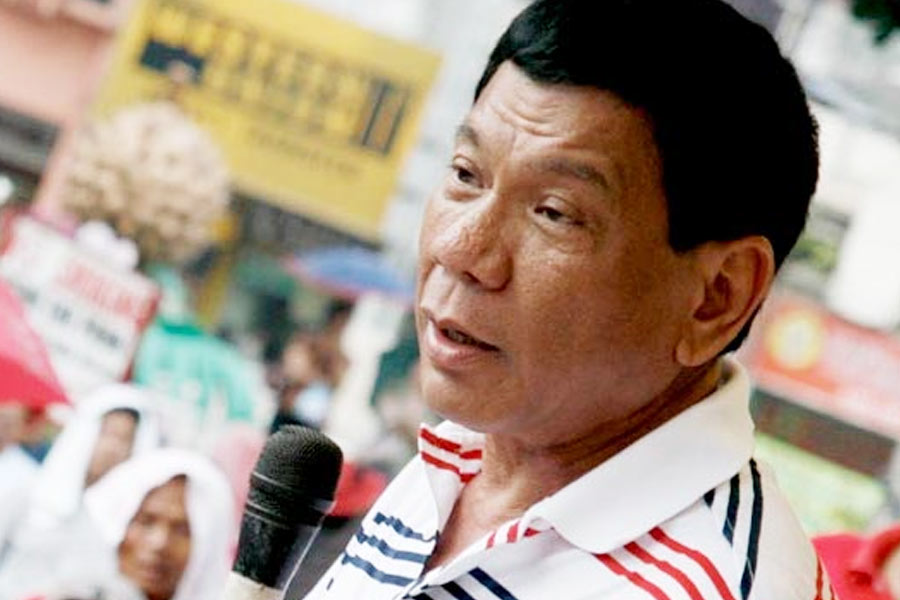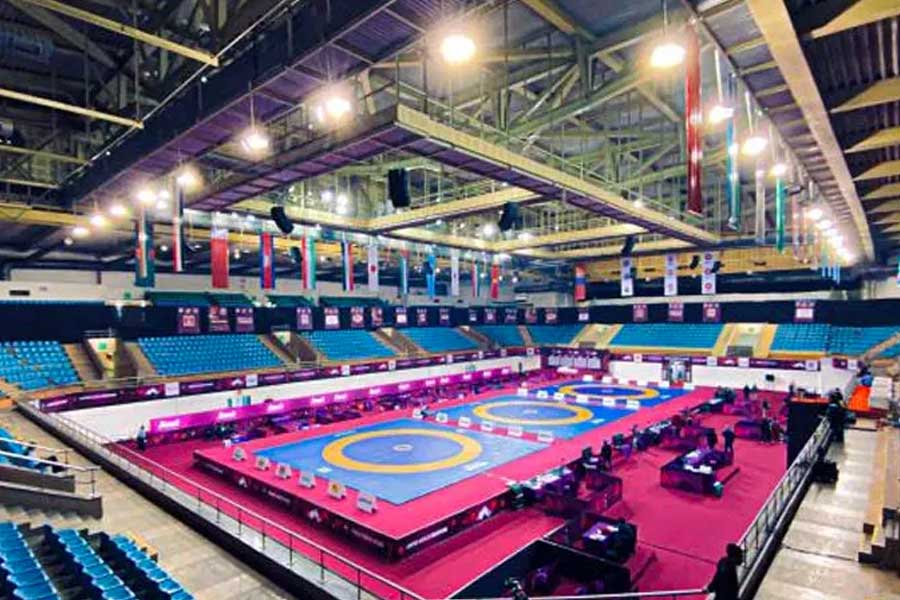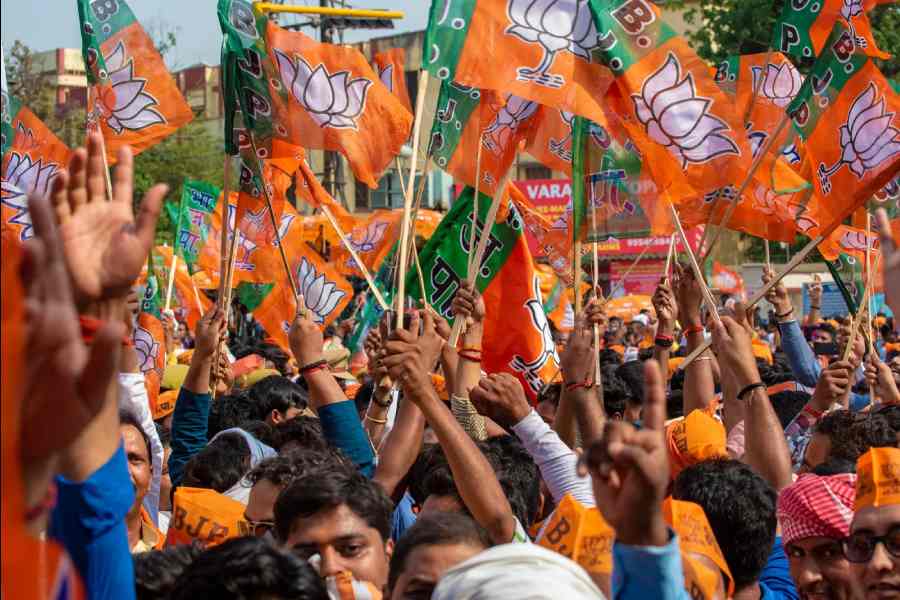Protests by tribals against the alleged inclusion of upper castes in the Scheduled Tribes category are growing in Jammu and Kashmir, with several tribal leaders blaming the BJP-led government at the Centre for creating a Manipur-like situation in the Union Territory.
Tribals Gujjars and Bakerwals have held a series of protests over the last few days against the Centre’s move to grant ST status to the Paharis. Many among the Paharis are high-caste Peers (among Muslims) and Brahmins and Rajputs (among Hindus).
The BJP has long been trying to make inroads among the Muslim Gujjars in Jammu and Kashmir with some success. The party, of late, has been focussing on the Paharis to win their support but the move has angered the Gujjars. The development is being seen by many in Jammu and Kashmir as a BJP ploy to create ethnic divisions.
The Centre on Thursday introduced the Constitution (Jammu and Kashmir) Scheduled Tribes Order (Amendment) Bill, 2023 in the Lok Sabha to grant tribal status to the Paharis.
The Gujjars are protesting the bill despite assurances by top leaders, including home minister Amit Shah, that their reservation quota would remain intact and the Paharis would get a separate quota.
They have announced a maha panchayat to garner wider support and sent delegations to leaders of non-BJP parties in the country for support. The All India Confederation of SCs, STs and OBCs have also opposed the ST status to the Paharis.
The protests are taking place at a time Manipur is witnessing clashes between the majority Meiteis fighting for ST status and minority Kukis opposed to their demand.
Gujjar leader Talib Hussain said their issue starkly resembled the crisis in Manipur. He feared the Centre had a “similar design” to deepen divisions between the Gujjars and the Paharis in Jammu and Kashmir to gain political dividends.
“The BJP is losing support among the Dogras (who are Hindus and are a majority in Jammu) after the government granted liquor, mining and other contracts to outsiders. Several BJP leaders, who are Paharis, want to contest the elections on Pahari ST status issue to win seats,” Hussain told The Telegraph.
“Our issue is the same as that of Manipur. Like in the northeastern state, the BJP is doing it here for political reasons but they are hurting the genuine tribes. Moreover, they want Muslims to fight against Muslims (the Gujjars and the Paharis).”
Hussain claimed Justice (retired) G.D. Sharma, who headed a commission that recommended ST status for the Paharis along with Paddari, Gadda Brahmins and Kolis (all Hindus) last year, is a member of Jammu’s Gadda Brahmin community.
“There were no members from our community in the commission. How could he pass a verdict on his own community?” he said.
Hussain's claim could not be independently verified.
Guftar Chowdhary, a Gujjar leader, said there was no provision of quota within quota in the reservation — the reason they don’t trust the Centre’s claim that their own quota would remain intact.
“Eventually they will merge them with our quota. They are elites and do not qualify for the quota. We won’t compete with them and eventually will be the losers,” he said.
Chowdhary said their issue had parallels with the Manipur crisis but vowed to keep their protests peaceful."Our movement has been peaceful and will remain so. But we are planning bigger protests in the coming days,” he said.
Gujjar and Pahari delegations separately met Shah in Delhi on Thursday. They said Shah had assured them that the bill would not jeopardise the interest of the Gujjars.
Gujjar Rajya Sabha MP from Jammu, who supports the Pahari reservation, opposed protests by members of his community and said some leaders were misleading them.
“There will be no compromise with our rights. That is the assurance we got,” he said after meeting Shah.
The Gujjars and Paharis each constitute less than 10 per cent of Jammu and Kashmir’s population but together make up the majority in Jammu’s Muslim-majority Pir Panchal region.
The Gujjars are the third-largest ethnic group in Jammu and Kashmir after the Kashmiris and the Dogras. They argue Paharis are not an ethnic group but a language-based group that includes members of diverse castes.
If the Paharis secure the ST status, they will be the first linguistic group to do so in the country.
The bill has brought cheers in the Pahari camp that has long been fighting for ST status. They have thanked the BJP for it.

